HDPE (High-Density Polyethylene) does not crack easily under normal conditions. This thermoplastic material demonstrates exceptional crack resistance, making it ideal for demanding applications like water distribution, gas pipelines, and industrial systems.
What Makes HDPE Crack-Resistant?
HDPE’s molecular structure provides superior flexibility compared to rigid materials. The long polymer chains allow the material to bend without breaking. This flexibility prevents stress concentration that typically leads to crack formation.
The material’s high impact strength further enhances its durability. Even under sudden loads or pressure changes, HDPE maintains structural integrity. Temperature fluctuations rarely cause cracking issues.
Common Causes of HDPE Cracking
Environmental Stress Cracking (ESC)
ESC occurs when HDPE contacts certain chemicals while under stress. Detergents, oils, and some solvents can trigger this phenomenon. However, proper material selection and installation prevent most ESC problems.
UV Degradation
Extended UV exposure without stabilizers can weaken HDPE over time. Modern HDPE formulations include UV inhibitors for outdoor applications. Carbon black additives provide excellent UV protection.
Installation Damage
Poor installation practices cause more HDPE failures than material defects. Sharp rocks, improper handling, and excessive bending during installation create stress points. Following manufacturer guidelines prevents these issues.
HDPE vs. Other Pipe Materials
HDPE vs. PVC
PVC becomes brittle at low temperatures and cracks more easily than HDPE. HDPE maintains flexibility even in freezing conditions. This makes HDPE superior for outdoor installations.
HDPE vs. Steel
Steel pipes suffer from corrosion-induced cracking over time. HDPE resists chemical corrosion completely. The material won’t rust, scale, or develop stress corrosion cracks.
HDPE vs. Concrete
Concrete pipes develop cracks from ground movement and freeze-thaw cycles. HDPE’s flexibility accommodates ground shifts without cracking. The material expands and contracts without structural damage.
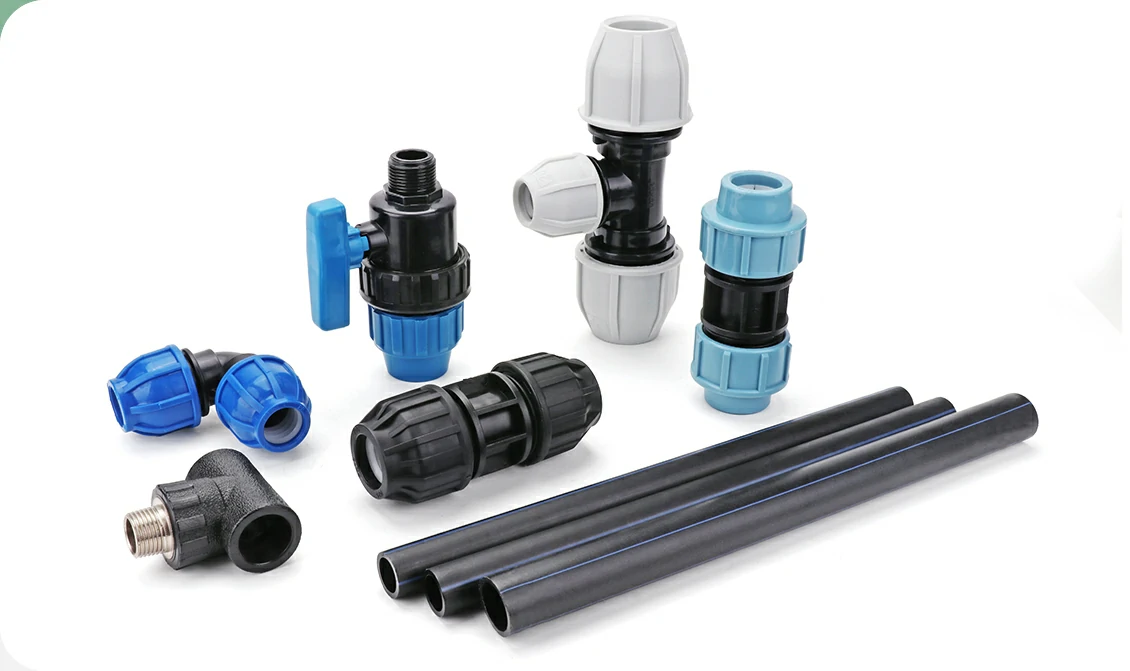
Factors That Affect HDPE Crack Resistance
Material Grade
Different HDPE grades offer varying crack resistance levels. PE100 provides the highest stress crack resistance for pressure applications. PE80 works well for less demanding uses.
Pipe Wall Thickness
Thicker walls distribute stress more effectively. SDR (Standard Dimension Ratio) selection impacts crack resistance. Lower SDR numbers indicate thicker walls and higher crack resistance.
Operating Conditions
Temperature and pressure affect crack susceptibility. HDPE performs best within manufacturer-specified ranges. Extreme conditions require careful material selection.
Signs of Potential HDPE Cracking
Visual inspection reveals early crack indicators. Look for surface whitening or stress marks. Small surface cracks may appear before major failures.
Pressure testing identifies hidden crack development. Sudden pressure drops indicate potential crack formation. Regular monitoring prevents catastrophic failures.
Preventing HDPE Cracking
Proper Installation
Use appropriate bedding materials around pipes. Avoid sharp objects that could damage the pipe surface. Follow recommended bending radius limits during installation.
Chemical Compatibility
Verify compatibility with transported fluids. Some chemicals accelerate crack development under stress. Material safety data sheets provide compatibility information.
Quality Control
Source HDPE pipes from reputable manufacturers. Quality materials resist cracking better than inferior products. Proper manufacturing controls ensure consistent performance.
Testing Methods for Crack Resistance
Full Notch Creep Test (FNCT)
This test measures long-term crack resistance under stress. FNCT results predict material performance over decades. Higher FNCT values indicate better crack resistance.
Slow Crack Growth Test
This method evaluates crack propagation rates. The test helps predict service life under various conditions. Results guide material selection for specific applications.
Custom HDPE Solutions for Enhanced Durability
Specialized HDPE formulations address specific cracking concerns. Custom compounds include enhanced crack resistance properties. Tailored solutions optimize performance for unique applications.
Advanced manufacturing techniques improve crack resistance. Precision extrusion creates uniform wall thickness. Quality control testing ensures consistent material properties.
Professional engineering support helps select optimal materials. Expert consultation prevents crack-related failures. Custom testing validates performance for demanding applications.
Conclusion
HDPE rarely cracks under normal operating conditions. The material’s inherent flexibility and chemical resistance prevent most cracking issues. Proper installation, material selection, and quality sourcing ensure long-term performance.
Understanding crack resistance factors helps optimize HDPE pipe selection. Professional guidance ensures the best material choice for specific applications. Quality HDPE pipes provide decades of crack-free service when properly specified and installed.
For expert guidance on crack-resistant HDPE pipe solutions, consult with experienced manufacturers who understand material science and application requirements.

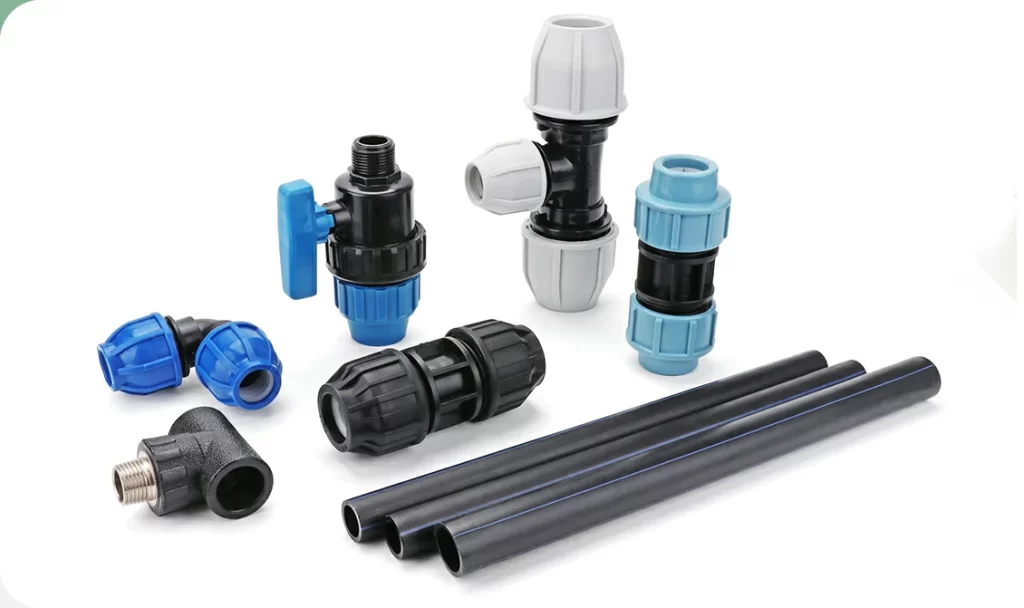
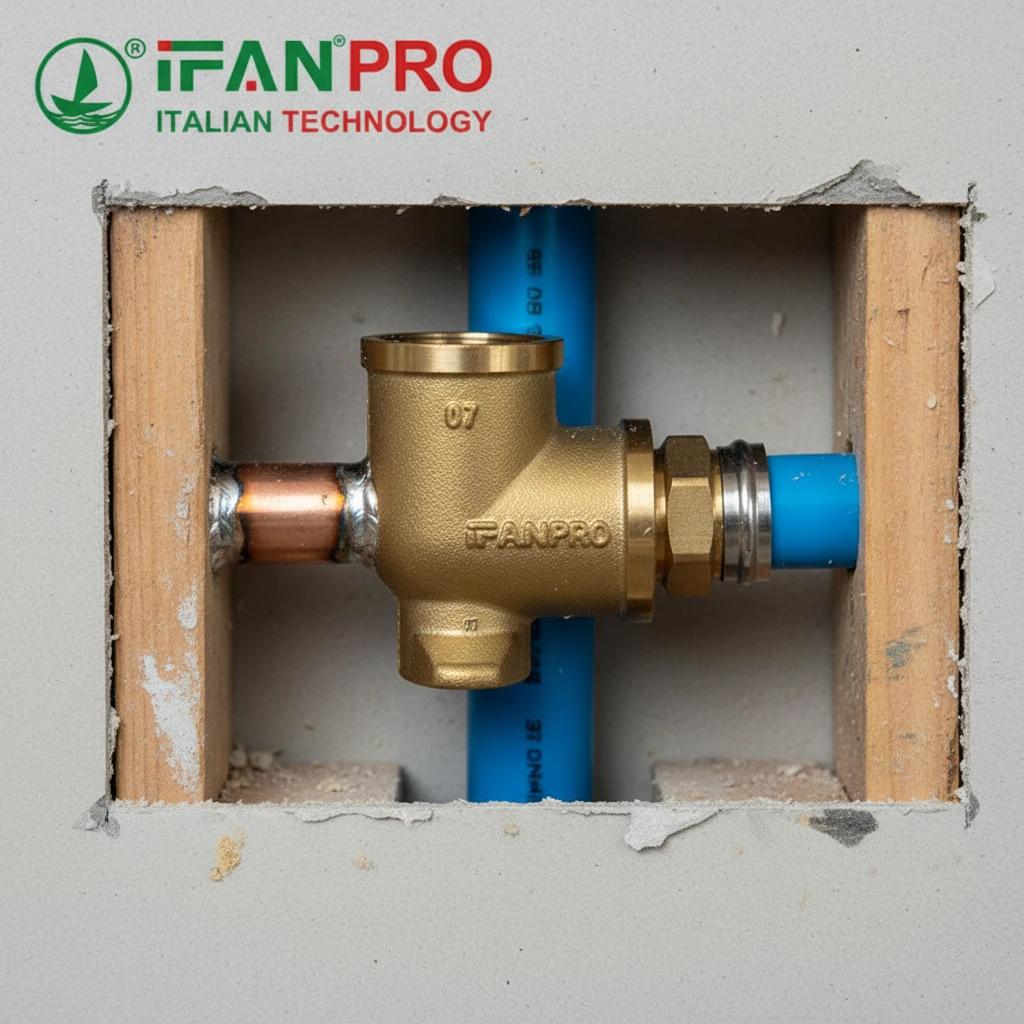
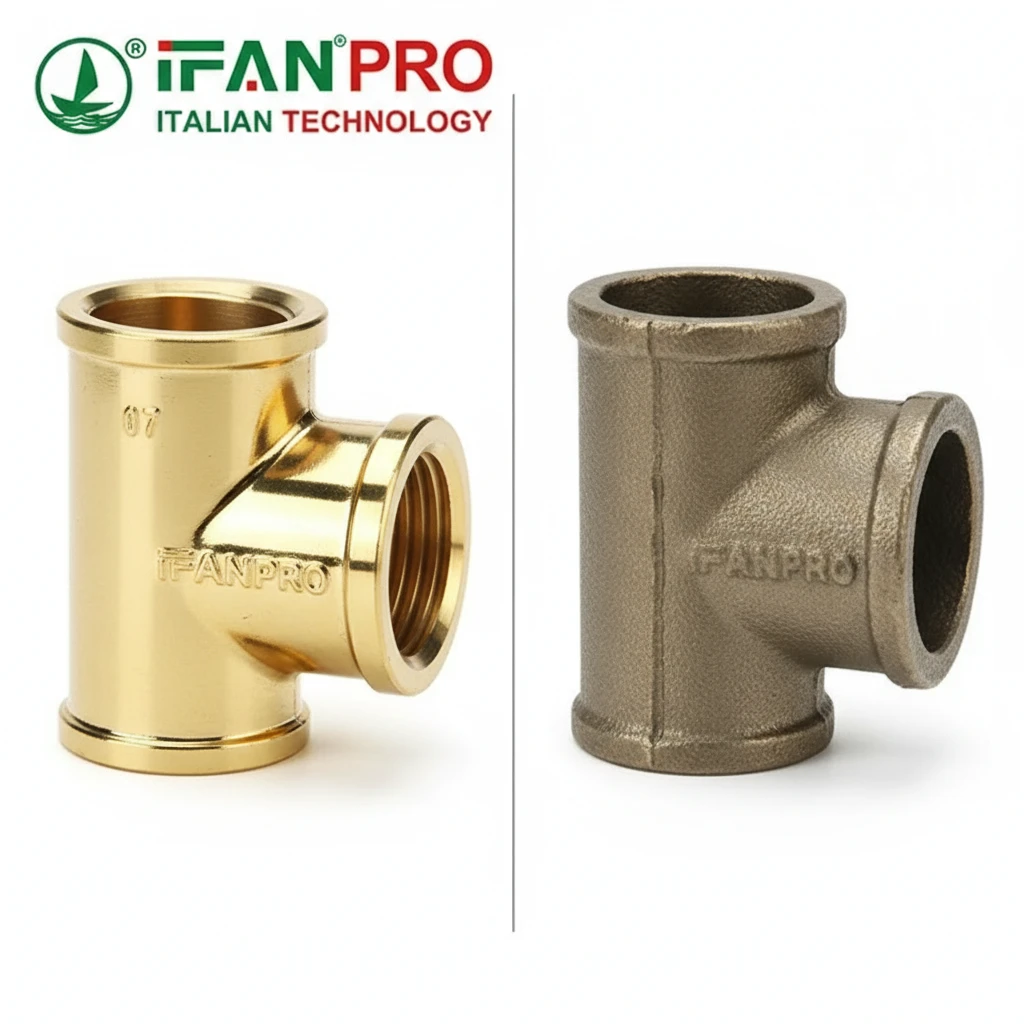
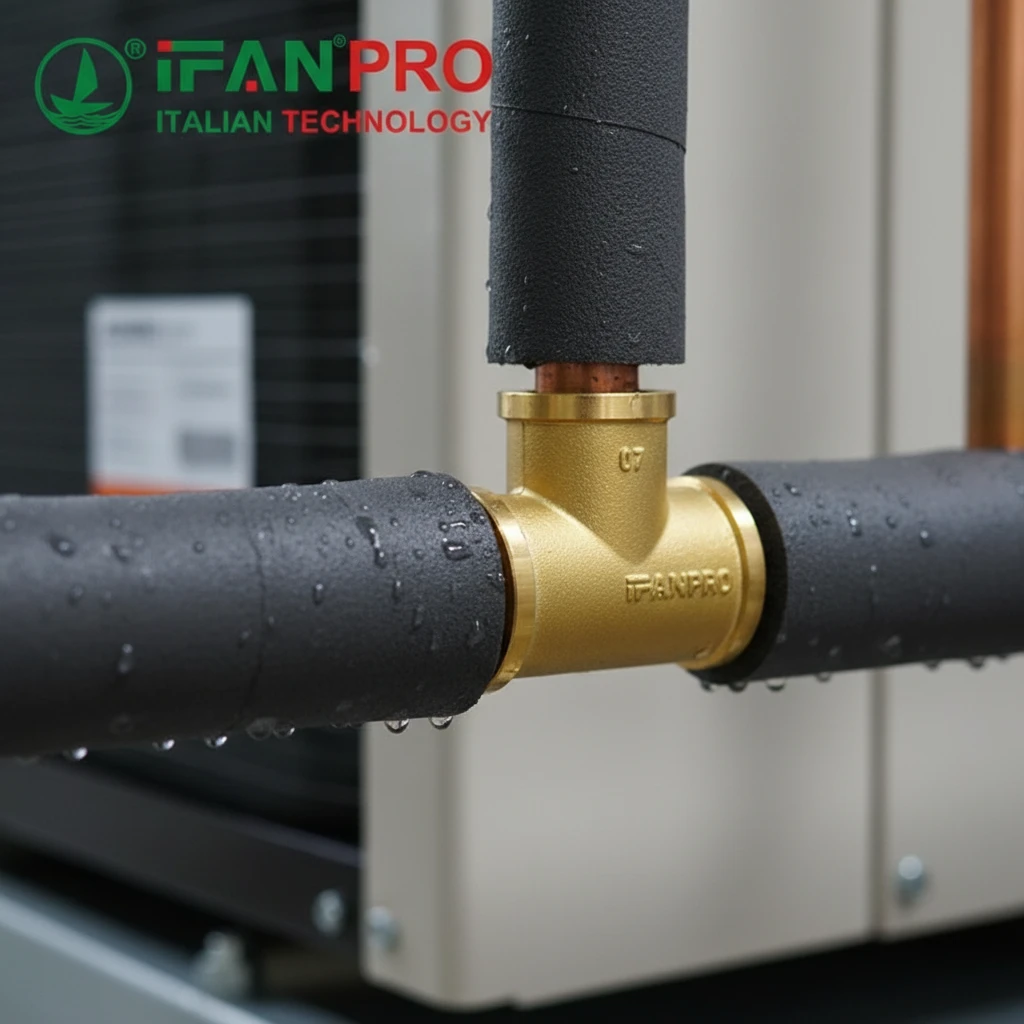









Commentaires récents